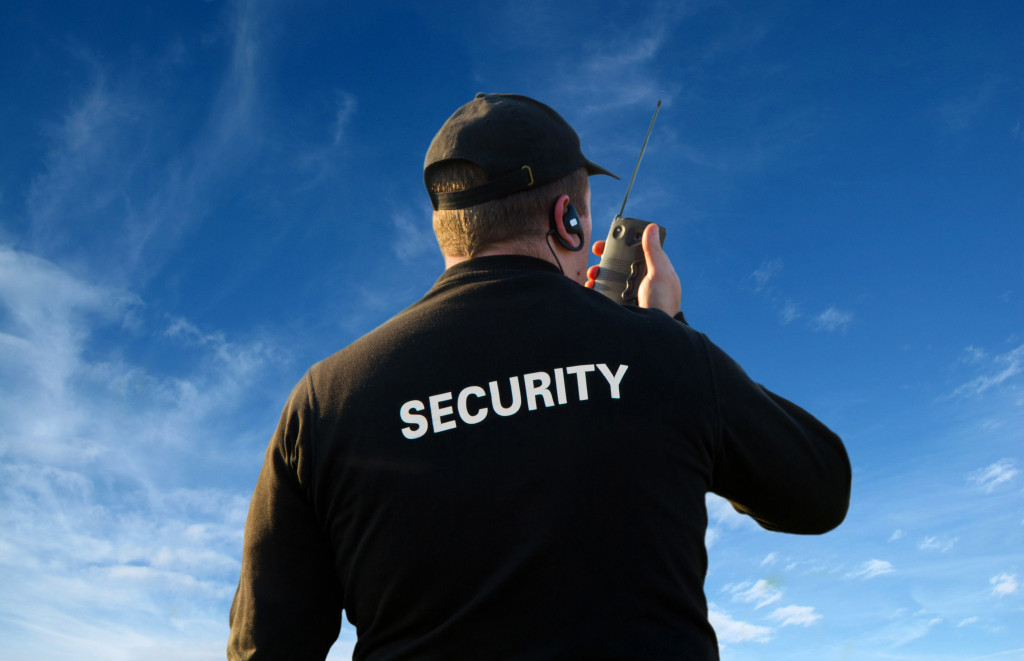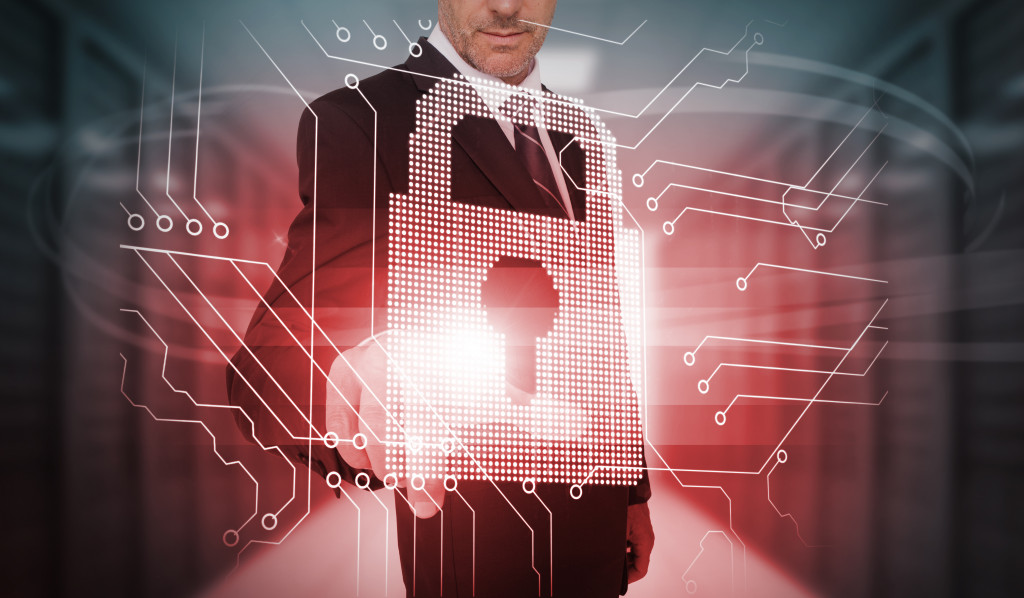There are many things that businesses need to prioritize to be successful, but security remains essential. Companies of all sizes need it. It is necessary to have a comprehensive security plan that addresses these areas. You can help protect your business from cyberattacks, physical theft, and data loss.
Protecting your business is essential to its success. Fortunately, there are many different ways to protect your business, whether physical or digital. It might mean investing in equipment, tools, and personnel that might require you to go over the budget, but it ensures protection for something you worked hard to build. However, they will only be effective if you know where to focus your security measures, and these angles will be your top priorities.
Facility Security

When it comes to security, businesses have to take a multi-layered approach. Your company’s physical safety is essential, and you need to make sure that every facility is protected. It means investing in security cameras, alarms, and personnel. It would also help ensure that your assets are secure and that access is restricted to authorized personnel only.
Security cameras are a great way to deter criminals and catch them. You can use them to monitor activity both inside and outside your facilities. If you have valuable assets, you might want to consider investing in tamper-proof security cameras that can record footage even if they’re damaged.
Alarms are another great way to deter criminals and alert law enforcement in the event of a break-in. You can install them on doors and windows, and set them to alarm when someone tries to force their way into your facility.
Physical security is not complete without personnel. You need to ensure that you have security guards trained in handling emergencies. They should be able to take crowd control, first aid, and evacuation procedures. It would help if you also had someone on duty to monitor your facilities and respond to any incidents.
Restricting access will also help you keep your facilities secure. You can do this by using access control systems, such as keycards or fingerprint scanners. It will ensure that only authorized personnel can enter your premises. Your entry points might also require reinforcements to avoid unauthorized access. Some thieves might be looking to wait for an employee to enter the room and hold the door before it closes. Fortunately, installing electric strikes ensure they will never gain access once the worker shuts the entry point.
Cybersecurity
As more businesses move online, cybersecurity has become a top priority. Hackers are constantly looking for ways to gain access to sensitive data, and they’re becoming more sophisticated in their techniques. That’s why it’s essential to have a comprehensive cybersecurity plan that includes these three elements.
- Access Control: Access control is the first defense line against cyberattacks. You need to ensure that only authorized personnel access your systems and data. That means implementing user authentication and authorization measures. It might mean investing in tools like biometrics or two-factor authentication. It’s also essential to limit access to sensitive data. You might consider encrypting your data or storing it in a secure location. You should also have a plan for what to do in a data breach.
- Data Security: The next step is to secure your data. That means that it’s backed up and stored in a secure location. It might also mean investing in tools like data loss prevention software. It’s also essential to have procedures to deal with data breaches. That includes notifying affected customers and employees, resetting passwords, and revoking access to systems and data.
- Disaster Recovery: The last step is to have a disaster recovery plan. This plan will help you recover from a cyberattack or other disaster. It should include backup systems, data recovery procedures, and incident response plans.
Emergency Response Plans
Your business should also have emergency response plans in place. These plans should cover everything from fires to medical emergencies. They should include evacuation procedures, first aid measures, and contact information for emergency services.
Your security personnel will play a critical role in that area. The team should be trained in emergency response procedures and have the necessary equipment. They should also be able to provide first aid and crowd control.
You should also have a plan for communicating with employees during an emergency. That might include setting up a call center or using mass notification systems.
You can never be too prepared when it comes to protecting your business. By taking a multi-layered approach, you can deter criminals and catch them if they get past your defenses. And in the event of an emergency, you’ll be prepared to respond quickly and efficiently.

